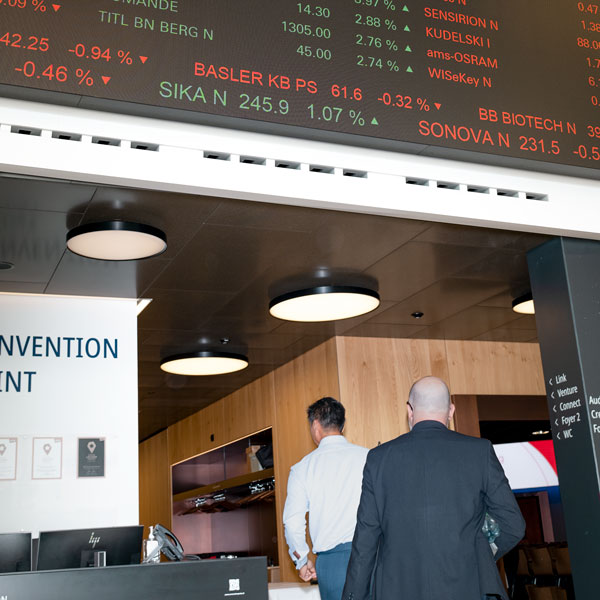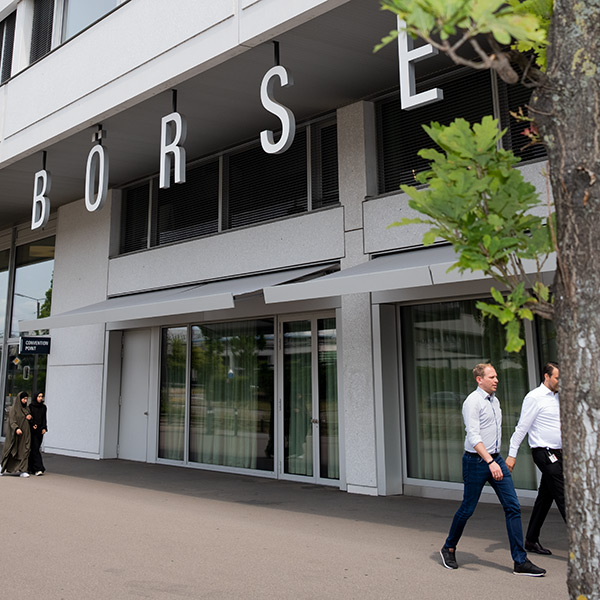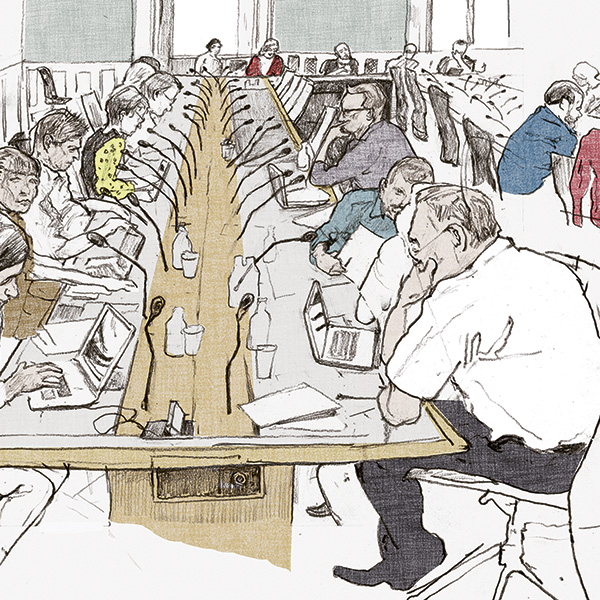Financial bubbles: a new study suggests a paradox
Stock prices explode when analysts are rewarded for accurate forecasts. This is the surprising conclusion of a laboratory study.

It’s not just traders who cause stock market bubbles. | Image: Shutterstock/Matej Kastelic
Equity market bubbles are usually attributed to trader behaviour. A study by the University of Applied Sciences of the Grisons has now examined the role played by financial analysts. On the stock exchange, traders buy and sell shares at the best price, based among other things on the advice given by analysts.
More than 300 students received equity market training and were assigned the role of either trader or analyst. In a first experiment, both roles were remunerated according to the profits made by the traders. In a second experiment, analysts’ compensation depended only on the accuracy of their forecasts, while traders’ compensation was still based on their performance.
“Few erroneous prices appeared in the first case, while bubbles formed in the second”, says Marcus Giamattei, a professor of economics at Bard College in Berlin and the lead researcher. When analysts are paid for the accuracy of their forecasts, they find themselves in competition with each other. They then tend to raise prices and take risks. When income depends on the traders’ performance, they are more cautious and more careful that they do not over-sell stocks”.
These results suggest a paradox: accurate forecasts by analysts contribute to price increases. According to Giamattei, “traditionally, the responsibility for financial bubbles has mainly been attributed to the frenetic activity of traders; our results suggest that analysts also play a role”. This laboratory experiment does not reflect the complexity of the real market, but “the results are of interest to market regulatory institutions in their fight against financial bubbles”.




